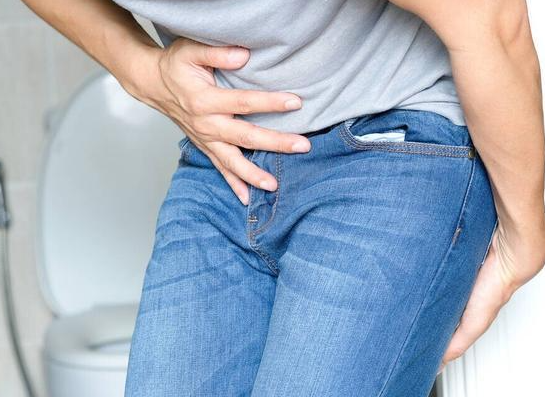
Why Your Nighttime Bathroom Trips Could Signal… See More
It’s 2:17 AM. Once again, you find yourself pulled from sleep, shuffling toward the bathroom in the dark for what feels like the third time tonight. You’ve accepted this ritual as part of aging—a minor inconvenience you share with friends who also joke about their “tiny bladders.” But what if these nightly interruptions aren’t normal? What if your body is trying to send you a message while the rest of the world sleeps?
Nocturia—the medical term for waking up to urinate at night—affects nearly two-thirds of adults over 50. While many dismiss it as an inevitable part of getting older, those extra trips to the bathroom might be trying to tell you something important about your health.
Meet Richard, a 68-year-old retired teacher who found himself visiting the bathroom three to four times every night. He blamed it on drinking too much water before bed, though he’d already cut back on fluids after dinner. His doctor initially dismissed it as normal aging, but Richard’s daughter—a nurse—encouraged him to seek further answers. The discovery surprised everyone: Richard’s nighttime urination wasn’t about his bladder at all. It was his heart’s way of asking for help.
Here’s what your body might be trying to tell you through those nighttime awakenings:
When the heart doesn’t pump efficiently—a condition called congestive heart failure—fluid can accumulate in the body’s tissues during the day. At night, when you lie down, this fluid gets reabsorbed into the bloodstream and eventually filtered by the kidneys, leading to increased urine production. If you find yourself urinating large volumes at night and experiencing swollen ankles or shortness of breath during the day, your heart might be struggling.
For the approximately 30 million Americans with diabetes, high blood sugar acts like a diuretic, pulling fluid from tissues and flooding the kidneys with more liquid than they can process during the day. At night, the body tries to eliminate this excess, resulting in multiple bathroom trips. If you’re waking up thirsty and urinating frequently both day and night, it might be time for a blood sugar check.
In men, an enlarged prostate can obstruct urine flow, preventing complete emptying of the bladder during the day. At night, the bladder continues filling but has less capacity, leading to more frequent urges. Women can experience similar symptoms due to pelvic floor weakness or bladder prolapse after menopause.
This common condition causes breathing to repeatedly stop and start during sleep, decreasing oxygen levels in the blood. The body responds by producing a hormone that increases urine production. If you snore loudly, wake up gasping, or feel exhausted despite a full night’s sleep, sleep apnea might be behind your bathroom visits.
The kidneys regulate fluid balance, and when they’re not functioning properly, urine production patterns change. Kidney disease often causes increased urination at night as the organs lose their ability to concentrate urine effectively.
As we age, our bodies produce less of a hormone that reduces urine production at night. This natural shift means more urine production after dark, but when combined with other factors, it can become disruptive.
While some nighttime urination is normal, waking up more than once per night consistently warrants attention. Other warning signs include urgent feelings that wake you from deep sleep, difficulty starting urination, pain or burning, or accidental leaks on the way to the bathroom.
The solution begins with paying attention. Keep a bladder diary for three days, noting what you drink, when you drink it, and when you urinate. This simple record often reveals patterns that point to the underlying cause.
Simple changes can make a big difference: elevating your legs in the evening to reduce fluid accumulation, timing your fluid intake (drinking more in morning, less in evening), managing salt intake, and avoiding alcohol and caffeine before bed. For men, prostate medications can help, while women might benefit from pelvic floor exercises.
If lifestyle changes don’t help within a few weeks, see your doctor. A simple urine test, blood work, and conversation about your symptoms can identify whether your nighttime trips are just aging or something more significant.
Richard’s story ended well. Treatment for his mild heart failure reduced his nighttime urination from four times to once per night—and more importantly, extended his healthy years. His experience reminds us that sometimes the most common “age-related” symptoms are actually important messages—if we’re willing to listen.